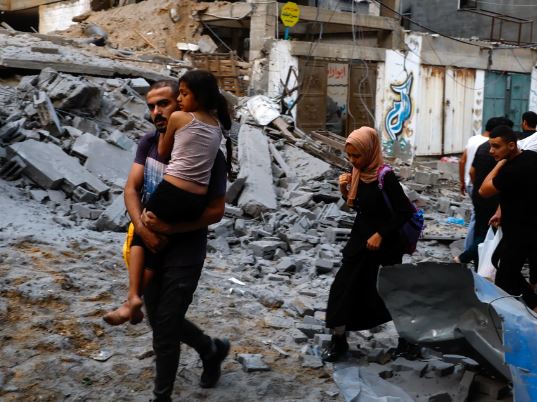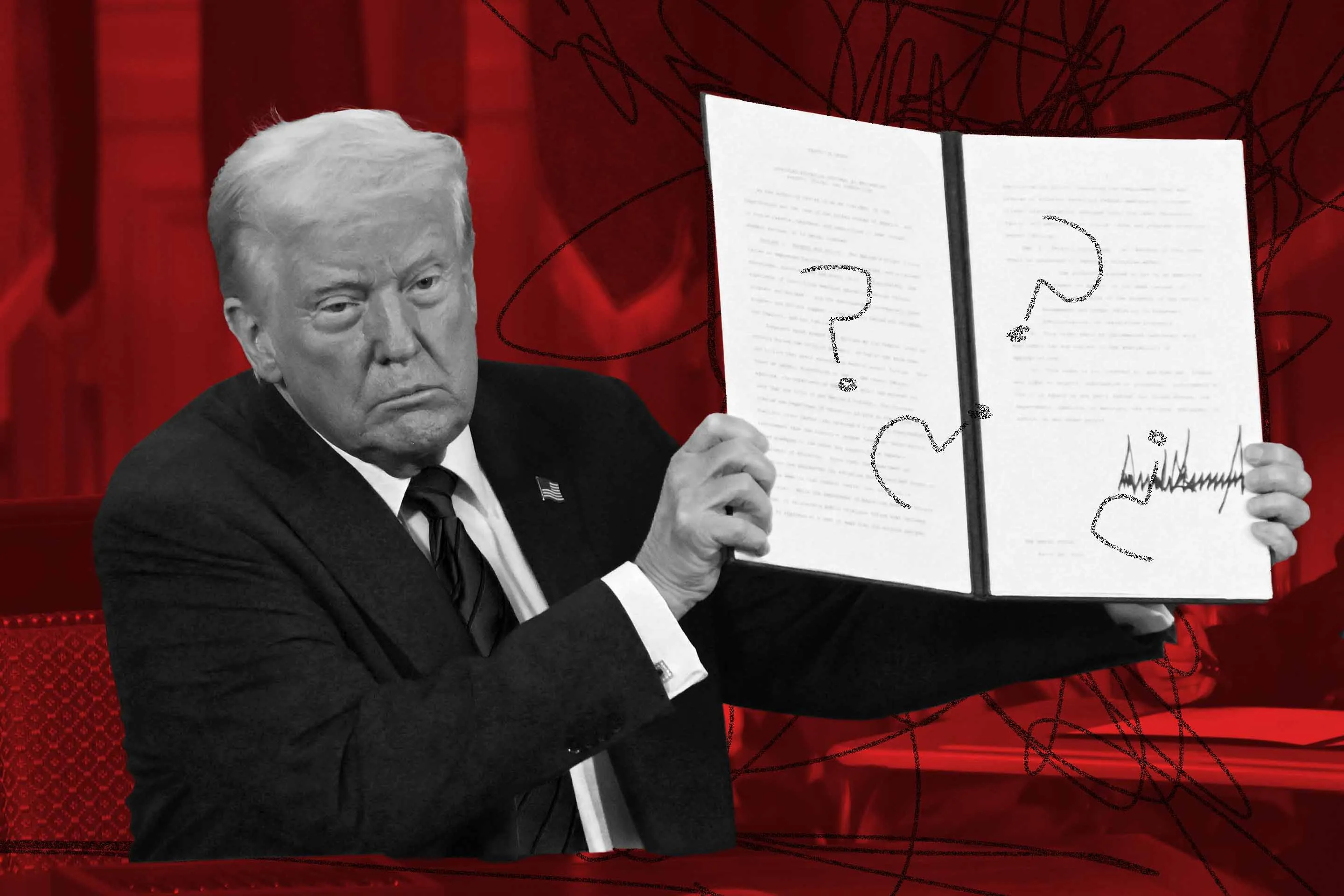U.S. Airstrike Claims Iran-Backed Militia Leaders in Baghdad Amid Escalating Regional Tensions

In a dramatic escalation of tensions in the Middle East, a U.S. airstrike targeted and killed Iran-backed militia leaders in Baghdad, intensifying the already volatile atmosphere in the region. The strike, carried out on [Date], has heightened concerns about the potential repercussions as geopolitical dynamics continue to unfold.
Sources from the U.S. Department of Defense confirmed the operation, stating that the targeted militia leaders were actively involved in planning and executing attacks against U.S. interests in the region. The precision strike, authorized by U.S. officials, took place at [Location] in Baghdad, where the militia leaders were believed to be coordinating their activities.
Among the casualties were Mushtaq Jawad Kazim al-Jawri, a prominent figure within the Iran-backed militia Shia , a key strategist within the organization. The targeted strike is seen as a response to the increased frequency of attacks on U.S. personnel and assets in the region, with the U.S. government signaling a commitment to defending its interests and ensuring the safety of its military personnel.
The decision to carry out the airstrike underscores the complexities of the geopolitical landscape, with the U.S. asserting its right to self-defense against perceived threats emanating from Iran-backed militias. The operation also highlights the ongoing power struggles and influence of external actors in shaping the trajectory of events in the Middle East.
Iran swiftly condemned the strike, describing it as a “flagrant violation of international law” and vowing to retaliate. The incident has reignited fears of a broader regional conflict, prompting calls for diplomatic intervention to de-escalate tensions between the United States and Iran.
The international community, including the United Nations, has expressed concerns about the potential consequences of the airstrike and its impact on an already fragile regional stability. Diplomatic efforts are underway to encourage dialogue and prevent further escalation, but the situation remains fluid and unpredictable.
Regional experts emphasize the need for nuanced diplomacy and dialogue to address the root causes of the tensions, as well as to prevent a spiraling conflict with far-reaching consequences. The airstrike has set the stage for a delicate diplomatic dance, with global powers navigating complex relationships in an effort to bring stability to the volatile region.
As the aftermath of the U.S. airstrike continues to unfold, the world watches closely, aware of the potential ripple effects that could shape the geopolitical landscape for years to come. The delicate balance of power, strategic interests, and regional dynamics remains in flux, leaving the international community on edge and poised for any further developments in this evolving geopolitical drama.




